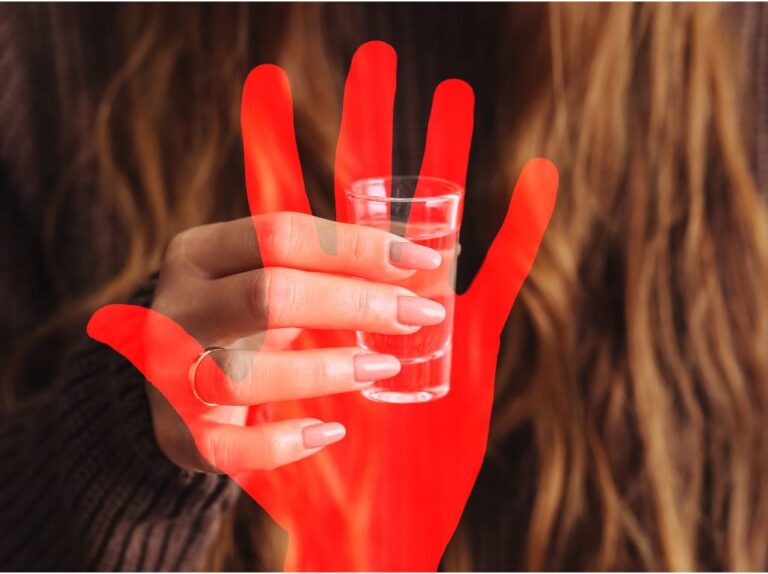A Relapse Prevention Plan Can Keep You Safe And Sound
Having a relapse prevention plan, no matter where you are on your recovery, is a smart and realistic thing to do. Recovery is not a straight line—it’s more like a winding road with sharp turns, detours, and the occasional pothole that may wreck one of your tires. As someone who’s walked that path and written extensively about healing and transformation, I know the fear and shame that can come with relapse. I have relapsed many times, but not lately thank goodness… Here’s the truth: relapse isn’t the end of your recovery journey—it’s a wake-up call, a moment of reflection, and an opportunity to strengthen your foundation.
In this article, I want to share practical, compassionate strategies for preventing relapse—tools I’ve seen work not only in my own life but in the lives of countless others on this journey. Whether you’re early in recovery or years down the road, these tips will help you stay connected to your truth, your tools, and your strength.
Let’s talk about how to build a life that supports your recovery—not just for today, but for the long haul.
Your Relapse Prevention Plan
Relapse prevention starts with knowing your triggers. They say some of the biggest relapse triggers include, boredom, stress, financial stress, family, work stress, and relationship issues. Who doesn’t have some of that, if not all of that? Life can cause all of that so here are the things to think about as we learn relapse prevention.
1. Check your mood every day
Relapse prevention also means staying in touch with your emotions. You can have the habit of feeling bad, which means you need to turn that around. If you wake up upset, acknowledge what has upset you and consider ways to restart your day. I need a daily reality check to see if I’m steaming over anything stupid. If something upsets you during the day, pause and journal or call someone to process what happened. Don’t hold it inside or let obsessive thinking create a story. I stopped relapsing when I realized my feelings wouldn’t kill me. Always find the time or someone who can help straighten out your thinking if you’re losing control. Journaling helps to keep you in touch with yourself.
2. Make a sober buddy, enlist someone to help or call every dya
As I say over and over, You can’t do this alone. Often I get a huge dose of relief by simply calling one of my sober buddies and having a chat. They make me laugh, they help me see my own craziness, and best of all they help make me feel less alone. So many relapses come from feeling alone and having that desperate feeling. Get in the habit of calling a friend, sponsor, mentor, relative, sober sister or brother, or anyone who can help fill that pause with positive reinforcement and remind you that you are loved and your recovery matters. This one comes from my book, 100 Tips For Growing Up, so believe me when I say it’s important.
3. Relapse prevention may mean finding a new recovery support group
Connection, connection, connection! I get it, not everyone subscribes to 12-step and that’s cool. But, everyone needs to connect with like-minded individuals when seeking a new lifestyle. I’m a 12-stepper, myself. That means AA, NA, Al-Anon CODA, and other 12 Step programs, but I know it doesn’t work for everyone. There are other options. SMART Recovery, Embrace Recovery, Religion, Sports, and recovery coaches, are all fantastic alternatives. The point is, it helps to have a support network and a recovery program that is allowing you develop your recovery and all other aspects of your life for that matter. You can’t do it without connections to other people experiencing what you are experiencing, who can keep you centered.
4. Find some fun in your life
It’s very hard to stay sober if you’re unhappy. If you’re lonely, find people to hang out with. If you’re depressed, look into getting professional help or do the things you can control that will help you feel better. Get out there and exercise, socialize, eat well, be of service to other humans and animals, etc. etc. Fun isn’t optional to having a life you enjoy. If you don’t even know what fun looks like, start there–ask yourself what makes you feel good? What makes you feel inspired? What makes you laugh? you get the idea… Spend time investigating what might be fun for you.
5. Make a relapse prevention plan in case you slip
If you are someone who relapses, it may make sense to make a plan for when it happens. I don’t know what that looks like for you, but whether it includes having Narcon around, having an addiction professional’s cell phone handy, or someone you can call the minute you’re ready to come back. It’s not insane to plan for the worst. In that same spirit, maybe write yourself a letter for that exact moment reminding yourself why it’s a bad idea and leave it in your car, or wherever it should be to find at the right time. If there is someone safe to call in that moment, put their number right by the dealers. Take actions to interrupt the pattern and just prepare for whatever happens.
Whether you’re someone in recovery (from anything) or are just looking for useful self-help tips, this is the book, written with thought and love that will help you live healthy, think healthily, and find what you’re looking for in life.
- Room to journal on every page
- Each easily digestible tip includes insight from the author and space for journaling
- From basic life skills to managing work and relationships
- From learning self-esteem to dreaming big and getting there
- From setting priorities to fulfilling goals
- The easy way to master self-control and self-management
Follow us on Instagram
Like us on Facebook





















